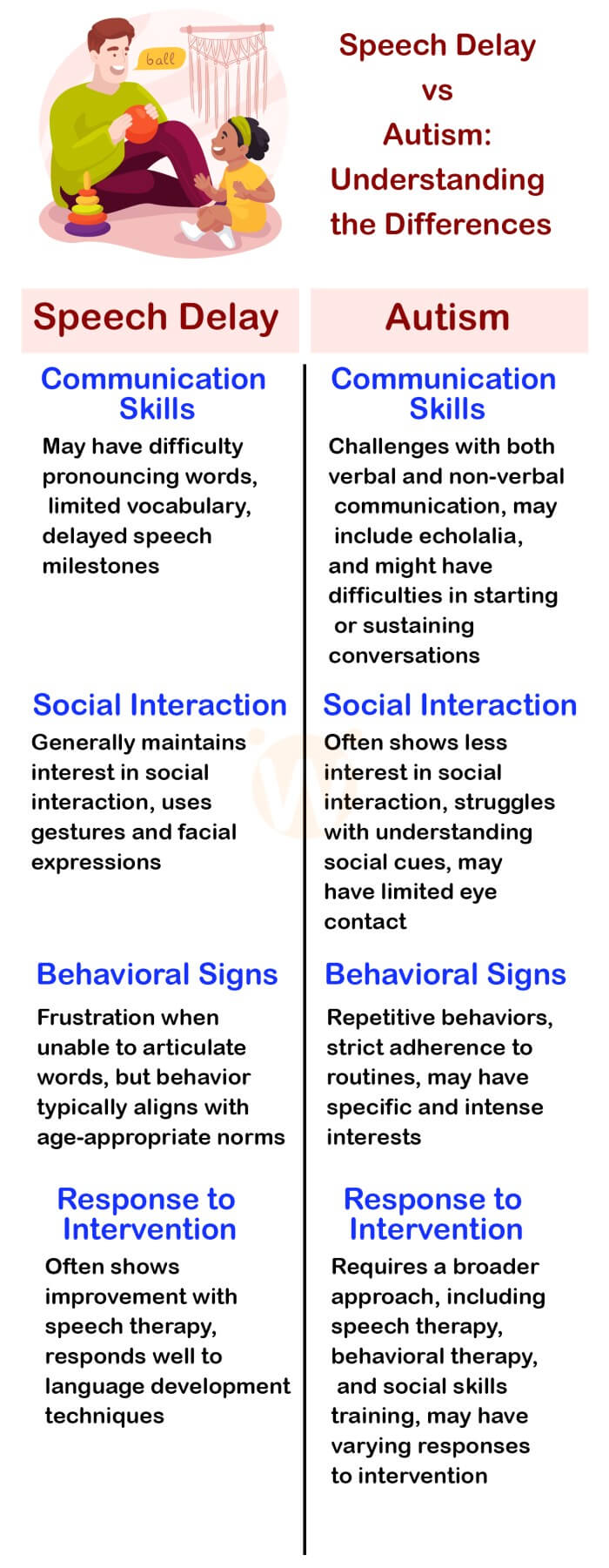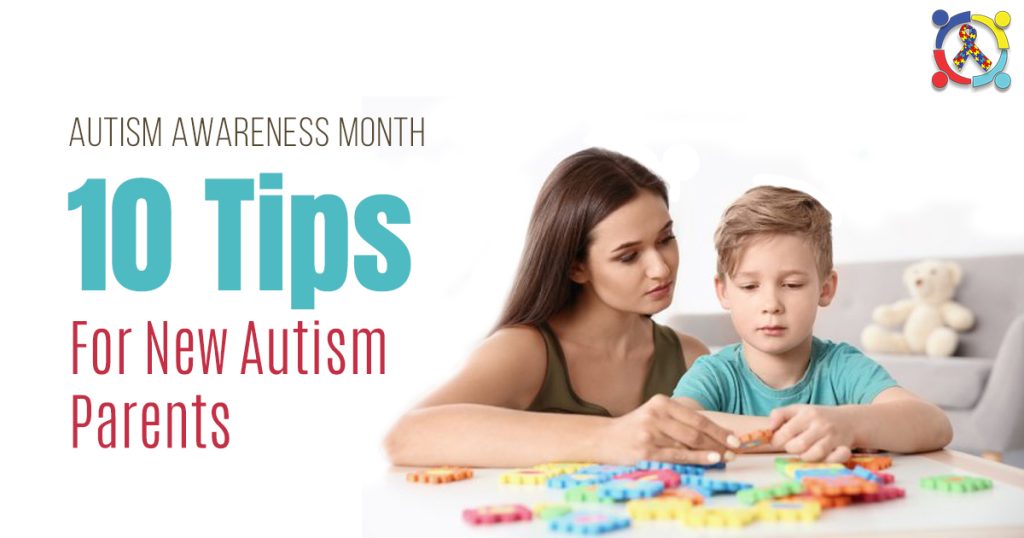Many parents worry when their child does not talk early. They ask, “Is speech delay a sign of autism?” This is a big question. Today, we will look into it.
What is Speech Delay?
Speech delay means a child talks later than others. Some kids say their first words at 12 months. Others may not speak until they are 18 months or older.
Speech delay is common. It can be caused by many things. Sometimes, it is just a slow start. Other times, it might be because of hearing problems. But what about autism?
Understanding Autism
Autism is a brain condition. It affects how someone talks and acts. Kids with autism might have trouble talking. They might also have trouble understanding feelings.
Not all kids with speech delay have autism. But many kids with autism have speech delay. So, can speech delay mean autism? Let’s find out.
Signs Of Autism
- Not making eye contact
- Not responding to their name
- Having trouble playing with others
- Doing the same thing over and over
- Being very interested in one thing
If a child shows these signs, they might have autism. It is important to talk to a doctor.

Credit: www.instagram.com
Speech Delay vs Autism
Speech delay does not always mean autism. Many kids with speech delay do not have autism. But if a child has speech delay and other signs of autism, it is good to see a doctor.
Doctors can help find out what is going on. They can give tests to learn more. These tests can help show if a child has autism.
How to Help a Child with Speech Delay
Parents can help their child with speech delay. Here are some ways:
- Talk to your child often
- Read books together
- Sing songs
- Play word games
- Encourage your child to ask questions
These activities can help a child learn to talk. They can also be fun!
When to See a Doctor
If you are worried about your child’s speech, see a doctor. Doctors can help find out if there is a problem. They can also give advice on what to do next.
Getting help early is important. The sooner a child gets help, the better they can learn and grow.

Credit: www.mywellnesshub.in
Different Types of Speech Delay
There are different types of speech delay. Some are simple. Others are more complex. Here are a few:
| Type | Description |
|---|---|
| Expressive Language Delay | Child understands but cannot express words well. |
| Mixed Receptive-Expressive Language Delay | Child has trouble understanding and expressing words. |
| Speech Disorder | Child has trouble making sounds correctly. |
Each type needs different help. A speech therapist can help with this.
Role of Speech Therapy
Speech therapists can help kids with speech delay. They use special exercises. These exercises help kids learn to talk better. Therapy can be fun and helpful.
Many children make good progress with therapy. They learn to talk and express themselves. This helps them in school and life.
Frequently Asked Questions
What Is Speech Delay In Children?
Speech delay means a child is not speaking as expected for their age.
Is Speech Delay Always Linked To Autism?
No, speech delay is not always a sign of autism. It can have other causes.
Can Early Intervention Help With Speech Delay?
Yes, early intervention often improves speech development. It can make a significant difference.
What Are Common Signs Of Autism?
Signs include lack of eye contact, repetitive behaviors, and delayed speech. Consult a doctor for diagnosis.
Conclusion
Speech delay can be worrying. But it does not always mean autism. Many kids with speech delay catch up with time. If you are concerned, talk to a doctor.
Doctors can help find out more. They can give advice and support. Remember, early help is key. With the right support, children can thrive.
Keep talking and playing with your child. Encourage them to express themselves. This can make a big difference.
Thank you for reading. We hope this article helps you understand speech delay and autism. If you have questions, reach out to a professional.

